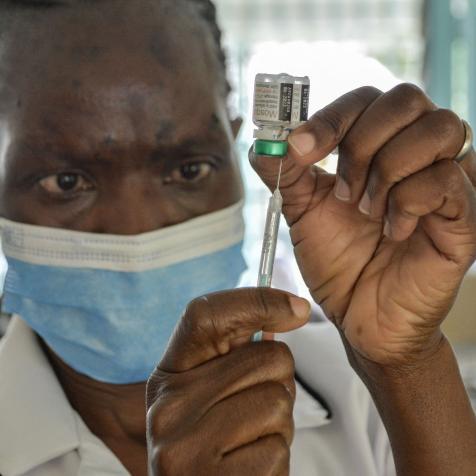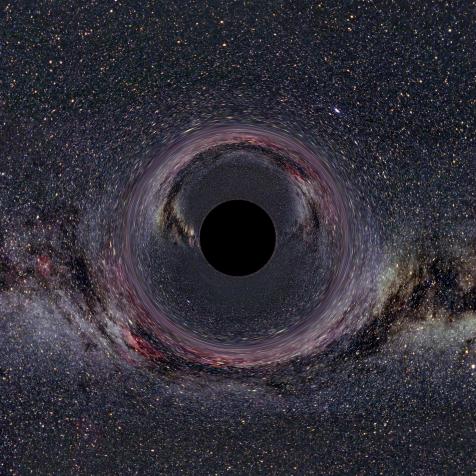
Things That Make You Go Boom: The Explosion Show
Science Channel is set to ring-in the New Year with a BANG!
Subscribing to that old axiom that everything is better with explosions, whether it’s million-dollar movie stunts to state-of-the-art fireworks, a new Science Channel series will be ringing in the New Year with a BANG! Two notorious explosion experts – MythBuster and master of blowing things up, Tory Belleci, along with Nitro Circus daredevil and stuntman, Street Bike Tommy Passemante – host THE EXPLOSION SHOW premiering Wednesday, January 1, 2020 at 10 pm ET on Science Channel. In addition to watching the series on Science Channel, viewers can check out new episodes each week by downloading the Science GO app.
There are few who appreciate the sweet thrill of blowing stuff up as much as Tory and Tommy. Tory was one of the technical wizards behind some of the most memorable explosions on MythBusters. Street Bike Tommy is best known for his antics with Nitro Circus, the collective known for performing dangerous stunts. Together, they’re on a mission to take audiences on an unpredictable ride where they meet with experts, daredevils and professionals who are in the business of making things explode.
THE EXPLOSION SHOW: Behind the Scenes 9 Photos
Join hosts Tory Belleci (MythBusters) and Street Bike Tommy Passemante (Nitro Circus) for a behind-the-scenes look at THE EXPLOSION SHOW, where things are as entertaining as they are explosive.Watch the series premiere of THE EXPLOSION SHOW Wednesday, January 1 at 10 pm ET only on Science Channel.
Each week, THE EXPLOSION SHOW gives viewers a behind-the-scenes look at the many ways explosions exist in our everyday. From suiting up with the heroic Riverside, CA Sheriff Bomb Squad tasked with disarming and detonating bombs that threaten public safety, to orchestrating their very own fireworks show, or getting a taste for the movie magic behind some of the most iconic Hollywood explosions, Tory and Tommy leave no fuse unlit.
Together they travel across the country to study the science behind blast waves at New Mexico Tech, learn the secret to surviving an explosion (sort of), discover how construction materials are formed from blowing up the side of a mountain, learn how the FBI uses forensics to investigate bomb cases – and so much more. There will be science, hijinks and close-calls, but most importantly, there will be lots and lots of explosions.
Don't miss the series premiere of THE EXPLOSION SHOW Wednesday, Jan. 1 at 10p ET only on Science Channel and on SCI Go.



















